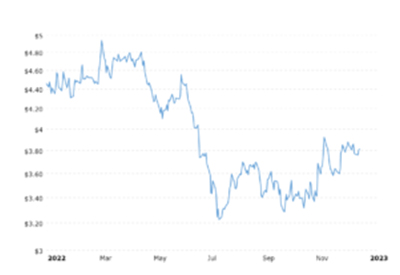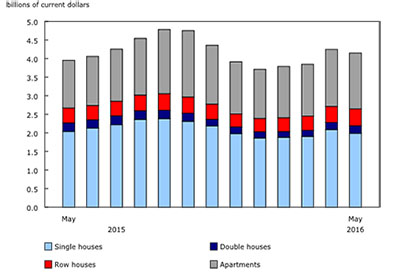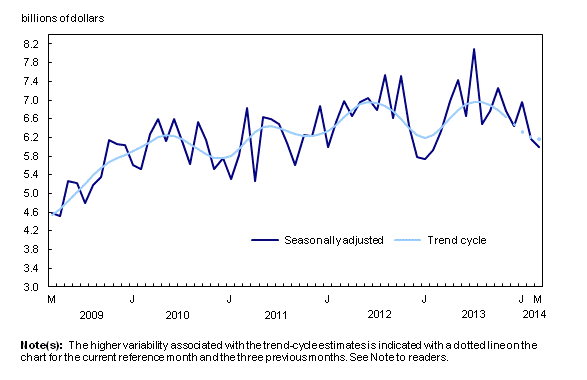Schneider Electric Research Shows Digital and Electric Solutions can Cut Carbon Emissions in Office Buildings

October 3, 2023
Retrofitting buildings using a digital-first approach is the best pathway to decarbonization, according to new research from Schneider Electric.
Buildings represent an estimated 37 per cent of global carbon emissions[i], and as about half of today’s buildings are still likely to be in use in 2050[ii], the sector must urgently reduce operational carbon emissions, by making buildings more energy efficient.
The research findings show that deploying Schneider Electric’s digital building and power management solutions[iii] in existing office buildings could reduce their operational carbon emissions by up to 42 per cent with a payback period of less than three years. If fossil fuel-powered heating technologies are replaced with electric-powered alternatives, and a microgrid with local renewable energy sources is installed, all-electric, all-digital buildings will see an additional 28 per cent reduction in operational carbon emissions resulting in a total reduction of up to 70 per cent.
Mike Kazmierczak, Vice President of the Digital Energy Decarbonization Office, the team leading the science-based research and product innovation to accelerate the energy transition within Schneider Electric’s Digital Energy division, explained that, “Tackling operational emissions is the number-one lever to decarbonize existing buildings at scale and achieve net-zero emissions targets by 2050. This breakthrough research reveals that reducing carbon emissions by up to 70 per cent is feasible if we transform our existing building stock into energy-efficient, fully-electrified and digitized assets.”
The research, carried out with the global design firm WSP, is based on modeling the energy performance and carbon emissions of a large office building built in the early 2000s across various U.S. Climate Zones[iv]. This digital approach to building renovations is, however, applicable to all building types and climates, and is, therefore, the most effective building decarbonization strategy, yielding fast results with lower ‘upfront carbon’[v].
Renovating through the deployment of digital technologies is not only less disruptive to daily operations, but also more effective from a lifecycle carbon perspective. Failing to rapidly decarbonize buildings could also result in stranded assets that lose value and are unattractive to both investors and tenants.
Furthermore, recent research from the Boston University Institute for Global Sustainability and the Schneider Electric Sustainability Research Institute estimates that there is a sizable potential to create new jobs through the transition to low-carbon buildings.
Schneider Electric is widely recognized as an impact company and a leader in decarbonization. Its connected products, software and sustainability services help drive operational efficiency, eliminate energy waste, and provide strategies for carbon reduction in buildings, factories, data centers, infrastructure, and homes. Schneider Electric’s research and decarbonization scenarios offer immediate, practical solutions to help organizations navigate the complexities of the energy transition.
To learn more about the findings of Schneider’s research and three step process (strategize, digitize, decarbonize) to accelerate the path to net-zero buildings, visit here.
Related resources:
- Decarbonize the Office: Unleash the Power of Digital Solutions for Building Renovations
- A structured methodology for planning commercial real estate portfolio decarbonization
- The Path to Net-Zero Buildings: A 3-step guide to turn sustainability ambitions into actions
- Back to 2050: a major report on how 1.5°C is more feasible than many think











